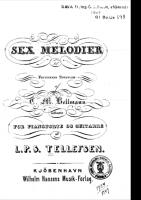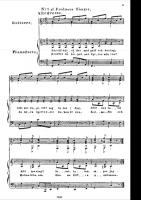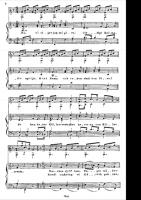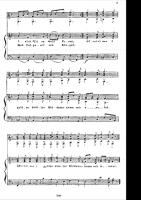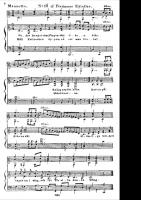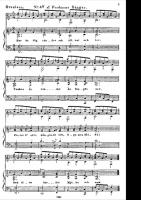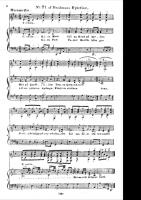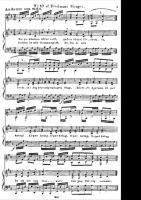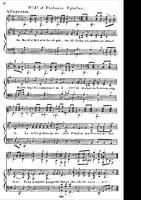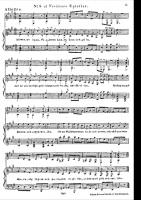Carl Michael Bellman Sheet Music
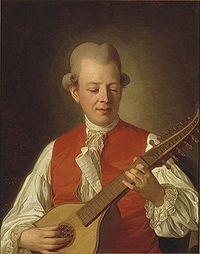 Carl Michael Bellman (help·info) (4 February 1740 – 11 February 1795) was a Swedish poet and composer. Bellman is a central figure in the Swedish song tradition and remains a very important influence in Swedish music, as well as in Scandinavian literature in general, to this day.
Carl Michael Bellman (help·info) (4 February 1740 – 11 February 1795) was a Swedish poet and composer. Bellman is a central figure in the Swedish song tradition and remains a very important influence in Swedish music, as well as in Scandinavian literature in general, to this day.Bellman was born in Stockholm. His main works are the Songs of Fredman (Fredmans sånger) and the Epistles of Fredman (Fredmans epistlar), each including some 70 songs, many of which are about sociable drinking and/or designed for the occasion of the same. But this aspect of his songs is not the main reason he has become such an icon in the Scandinavian song tradition. A master of rhyme and rhythm, with a wonderful sense for combining words and music, he wrote songs that were innovative and original in form (parodying and refreshing contemporary literary styles was one of his specialities), as well as challenging in subject matter. On the surface, his songs centred to a large extent around themes like the joy of inebriation and the pursuit of sexual pleasure. Against this backdrop, however, he manages to elucidate the tender and fleeting themes of love, death, and the elusive qualities of the "present", the here-and-now, in a unique and moving manner. His songs reflect aspects of the life of the common man in 18th century Stockholm, but by his composition Gustafs skål, an informal royal anthem, he had also acquired the patronage of King Gustav III of Sweden. Some of the characters in his songs are the clockmaker Fredman, the prostitute Ulla Winblad, the ex-soldier, now alcoholic Mowitz and Fader Berg, a virtuoso on several instruments. Some of these were based on living models, some probably not. His songs often make references to Greek and Roman mythological characters such as the ferryman Charon and the God of wine and pleasure, Bacchus.
 Sheet Music Mobile is a site for those who wants to access popular sheet music easily,
letting them download the sheet music for free for trial purposes.
It's completely free to download and try the listed sheet music, but you have to delete the files after 24 hours of trial.
Don't forget, if you like the piece of music you have just learned playing,
treat the artist with respect, and go buy the original sheet music.
Sheet Music Mobile is a site for those who wants to access popular sheet music easily,
letting them download the sheet music for free for trial purposes.
It's completely free to download and try the listed sheet music, but you have to delete the files after 24 hours of trial.
Don't forget, if you like the piece of music you have just learned playing,
treat the artist with respect, and go buy the original sheet music.

